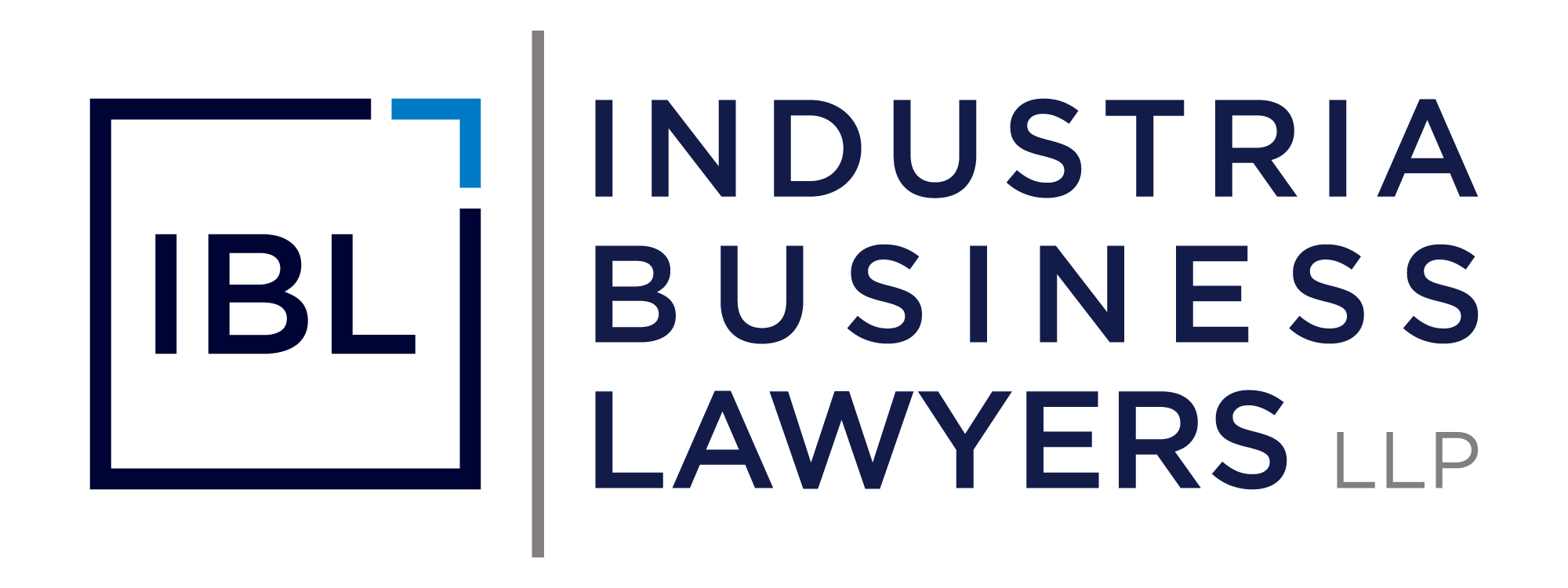The SEC’s lawsuit against Ripple is a landmark crypto case.1 Filed in 2020, it centres on whether various of Ripple’s historical sales and distributions of XRP were unregistered securities offerings. The SEC argues that XRP qualifies as a security under the Howey Test. However, Ripple maintains that it is a digital asset utilized for payments and that the tokens’ decentralized structure undermines the SEC’s assertion. If Ripple wins the case, it may limit the SEC’s reach. But, if the SEC prevails, stricter rules could follow. With so much at stake, the crypto world is watching closely. This article breaks down the latest developments, legal impact, and what’s next.
Current Status of the SEC v. Ripple Case
After two years of litigation, Ripple secured a partial victory in July 2023 when Judge Analisa Torres ruled that XRP itself is not a security but distinguished between different types of sales:
- Institutional Sales (direct sales totalling $728 million) were deemed unregistered securities offerings, as institutional buyers expected profits based on Ripple’s efforts.
- Programmatic Sales (public exchange sales) were not classified as securities, as buyers had no direct profit expectations from Ripple.
- Other Distributions (grants and team allocations) were not classified as securities, as they did not involve an exchange of money and thus failed the Howey Test criteria.
This decision confirmed that a digital asset is classified based on how it is sold rather than its nature and was considered a significant victory for Ripple and the cryptocurrency sector.
1 SEC v. Ripple Labs Inc., No. 20-cv-10832 (S.D.N.Y. Aug. 7, 2024), appeal docketed, No. 24-2648 (2d Cir. Oct. 4, 2024)
Final Judgment and SEC’s Appeal
In August 2024, the court imposed a $125 million penalty on Ripple for institutional sales but denied the SEC’s disgorgement request, meaning Ripple was not required to return profits. The SEC appealed in October 2024, challenging the ruling on programmatic sales and arguing that XRP used for employee compensation should be classified as a security.
The SEC filed its opening brief on January 15, 2025, while Ripple has until April 16, 2025, to respond. The case is now before the Second Circuit Court of Appeals.
SEC’s Ongoing Actions and Regulatory Shift
The appeal is unfolding amid major SEC leadership changes, potentially shifting the agency’s approach to crypto enforcement.
- January 20, 2025: Following President Trump’s inauguration, SEC Chair Gary Gensler resigned, and Mark T. Uyeda was appointed Acting Chair. Uyeda is seen as less aggressive on crypto, while Trump’s nominee, Paul Atkins, has long pushed for clearer, balanced regulations.
- January 21, 2025: To examine the market structure and create more precise regulatory rules, the SEC established a Crypto Task Force under Uyeda, headed by Commissioner Hester Peirce.
- Potential Reevaluation of the Case: There has been speculation that the SEC may alter its enforcement strategy in light of its recent decision to drop its lawsuit against Coinbase (with the ongoing case against Kraken said to be on the verge of similarly being dropped by the SEC).
Legal Implications for Crypto Regulation
The Ripple decision has reshaped how the SEC enforces regulations. Instead of labelling all token sales as securities, the court made it clear that it’s not about what a token is but how it’s sold.
Until now, the SEC’s go-to strategy has been to presume most crypto sales are securities violations. But this ruling means they likely can’t take a one-size-fits-all approach anymore. This could impact:
- Ongoing lawsuits against Binance, Kraken, and other crypto firms.
- New token projects may now structure sales differently – e.g., more strictly, in terms of direct sales to major investors, and perhaps with less concern about securities regulations as it comes to intermediated, secondary market and non-sale distributions.
What this means for crypto businesses
Crypto businesses must carefully consider the level of due securities legal compliance while the SEC’s case against Ripple is currently pending appeals. Although regulations may become more clear, companies should be ready for the following major considerations:
- Continued strict oversight on private token sales, especially those involving institutional and accredited investors, as the SEC continues to enforce securities laws.
- Continued evolving regulatory boundaries for secondary market transactions. While the result in the Ripple case (and related precedents, such as in the Binance case) strongly pushed back against the full application of securities laws to secondary market transactions, the precise point at which these transactions fall under securities law is still unclear.
- Legal risks for past token sales, with the SEC’s history of retroactive enforcement putting older token offerings under scrutiny. Potential token issuers should note well that enforcement could be conducted on past issuances well into the next U.S. presidential administration.
- Potential regulatory shift, as SEC leadership changes could lead to a more measured approach to crypto enforcement, as well as new regulations that would need to be affirmatively followed.
Global regulatory impact
While the U.S. is still in legal limbo, international regulators are moving ahead:
- The EU’s MiCA framework is establishing clearer guidelines for crypto assets and investor protection across the European market.
- The UK and Japan are refining regulations, with the UK exploring asset tokenization and Japan distinguishing securities from utility tokens.
- Other jurisdictions may use the Ripple case as a reference when crafting their own rules.
Near-Term Prognosis: What’s Next for Ripple and the SEC?
With major rulings already shaping the case, the next few months will determine Ripple’s legal position and its impact on crypto regulation. Depending on how the SEC handles the matter, it might go in a number of ways:
- Dismissal: Given its recent legal defeats and changing policy position on crypto enforcement priorities, many analysts think the SEC may decide to dismiss the case.
- Settlement: Under a negotiated deal, Ripple might pay a fine or take compliance steps, giving XRP and other cryptocurrency companies at least some legal clarity (however, this would inevitably fall far short of a tailored regulatory rulemaking).
- Additional litigation: If a settlement is not reached, the case may continue beyond 2025, where SEC is likely to challenge some of the earlier rulings, adding to the uncertainty.
Broader implications for the crypto industry
Beyond Ripple, this case has far-reaching effects on the cryptocurrency market and its regulation:
- Regulatory clarity: A final ruling or settlement will potentially provide at least some additional guidance on how digital assets are classified under U.S. securities law.
- Market confidence: If Ripple wins, investor sentiment may improve and more projects may decide to oppose SEC action (and many others to move forward with market steps that they might have assumed were too risky before). However, if the SEC prevails, it might result in a somewhat more stringent de facto securities compliance standard and a more reserved approach from cryptocurrency companies.
- Policy shifts: The case could influence lawmakers to introduce new crypto regulations, especially as political and regulatory attitudes toward digital assets evolve. The outcome may determine how aggressively the SEC pursues other crypto companies in the future.
The SEC v. Ripple case remains one of the most critical legal battles in crypto history. Ripple has achieved some minor triumphs, but the fight is far from being over. The outcome will influence the regulation of digital assets, which will impact investors, companies, and the industry. If you’re uncertain about what this ruling means for your business, our legal team can provide the guidance you need—schedule a consultation today.


